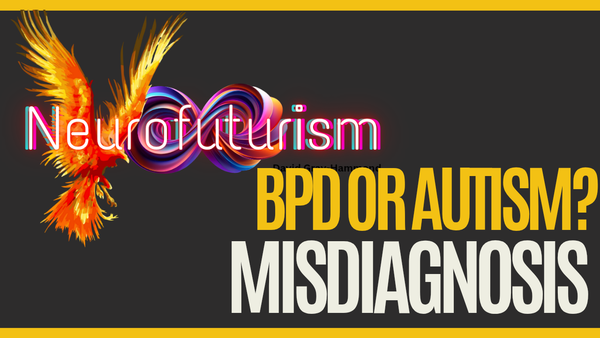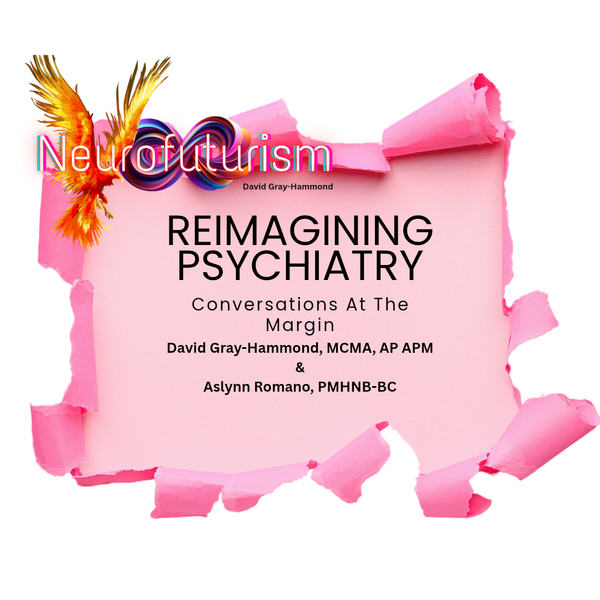Collective joint statement from Autistic people on Spectrum 10k

To read the full statement (with images) and sign, please click here.
Joint statement from Autistic community members, academics, representatives of advocacy organisations, and allies about grave concerns regarding the Spectrum 10K study announced Tuesday 24th August 2021 (document includes plain language summaries for accessibility and uses a font easier to read for some people. The plain language summaries can be found on their own for those who need them HERE. There is a dedicated @BoycottSpect10K account on Twitter, and you can find Autistic people discussing the study via the #StopSpectrum10K).
BACKGROUND:
On the 24th of August 2021 with a blaze of obviously well-planned publicity, the Spectrum 10k (S10K) research project was announced.
The project arrived with endorsements from ‘celebrities’ related to the autism narrative such as Autistic Naturalist, Chris Packham; parent Paddy McGuiness; parent TV presenters and singing coaches Carrie and David Grant who are parents of Autistic children; along with a selection of professionals from a variety of different fields that work with Autistic people.
It also came with several named Autistic ‘ambassadors’ whose role it is to publicly promote and endorse the project.
There was a general backlash from a significant number of the Autistic community and allies via social media, including the general population, the Advocacy community, Advocacy groups and organisations, academics, professionals and parents, and this joint statement intends to declare the concerns and position of the signatories (signatures will continue to be collected following submission of this statement to Health Research Authority).
PLAIN LANGUAGE SUMMARY: Lots of people, including Autistic professionals and the public, are worried about the ethics (how moral or right something is for humans) of a new study that has not been clear about how it will help Autistic people.
PREFACE:
We are collectively gravely concerned about the Spectrum 10k research project.
We fundamentally recognise the need for good, robust genetic and biological research in order to aid greater understanding of the impact of conditions that have genetic roots and can have life-limiting effects or impact on the well-being of Autistic people.
However, we have grave issues over how the data from genetic research could be used, and the very obvious lack of safeguards for its future use.
We have concerns over the vulnerability and naivety of those who will give their samples to this project, or do so on behalf of others, without understanding the implications of DNA collection, genetic research and the narratives around it, or the histories and agendas of those leading and organising this research.
We have concerns over the research itself, the manner in which the research has been created, the process of how the research has been launched and publicised, the lack of clear information and evidenced robust aims and objectives, and the implications of this research.
PLAIN LANGUAGE SUMMARY: Lots of Autistic people, and Autistic professionals, and the public want good studies to be done that will help Autistic people with things they struggle with, and things that mean they have poor wellbeing.
Lots of people are worried that this new research study will not do this because the people in charge of the study have not been clear about what the study is doing, and we want them to be clearer and not lie or hide information.
We want the study to be very clear, with simple language, about how Autistic people giving them saliva (spit) will be used to improve Autistic people’s lives. We also want them to be clear about who they will be giving the information to in the future in case we do not trust the people they want to give our information to.
SUMMARY OF KEY CONCERNS LAID OUT IN DETAIL IN THE REMAINDER OF THIS STATEMENT:
- Lack of transparency. There is a disconnect between what the study is telling the public and what they received funding for.
- Biodata regulations. We expect to see clear information about what the regulations around biodata are, its use, and future use once the main study is completed.
- Consent issues. With the lack of transparency and clarity about what the study is, what it will do, how it will do it, and what it will do with the genetic data, no potential participant can provide sufficiently informed consent. Further, why could the use of DNA data by others not have been an optional consent clause?
- Suitability of the principal and co-investigators. Based on their track records, we seriously call into question the suitability of the principal and co-investigators.
- Conflicts of interest. Key researchers did not disclose publicly any and all conflicts of interest to potential participants, or that there are current plans for this dataset to be combined with other datasets based on the Common Variant Genetics of Autism and Autistic Traits (GWAS) Consortium grant.
- Ethical issues. We want to know any and all ethical issues that were discussed in the ethical review of this study.
- Ethical issues and transparency. Given the disparities between what this study was awarded funding for, and what they are telling the public and, on the information and consent forms, we expect to be told if there was a substantial amendment submitted by the study.
CONSENT:
There are a number of concerns regarding the study’s attempts to obtain participant consent. The gravest concern is the inability to contribute a DNA sample without the DNA information being passed on to any outside or connected further parties.
![Screenshot of part of the S10K consent form, the relevant section reads:
I agree that my anonymised data and DNA can be used in future studies, shared with academic collaborators and included on external research databases for future use*”. Where this example screenshot selected that “no” they do not consent to these conditions there is a red warning pop up that reads:
<p>You have [indicated] ‘No’ to a required consent statement. Unfortunately, we can only include participants who have indicated ‘Yes’ to the above statement in Spectrum 10K, as this is essential for the study." class="wp-image-569"></figure></p>
<!-- /wp:image -->
<!-- wp:paragraph -->
<p>S10K are promoting this study as one looking for genetic links to autism and the (vague) wellbeing of Autistic people, and so it is a glaring red flag that vulnerable Autistic people will be handing over their DNA information that can be used by further parties (more on this concern throughout this statement). Why could the use of DNA data by others not have been an optional consent clause?</p>
<!-- /wp:paragraph -->
<!-- wp:paragraph -->
<p>Further consent issues: the consent forms for this project are contradictory and confusing and risk leaving vulnerable people exposed to signing up to something they are unable to fully understand because it has not been explained clearly enough. </p>
<!-- /wp:paragraph -->
<!-- wp:paragraph -->
<p>Consent for S10K is sought for DNA collection, data collection, and complete access to medical records without clear description as to what the project aims to do; how any of this data will be used by the project; who that data will be passed onto in the future; or how it will be used in the future. We fear that there are grounds for data use violations here, particularly if the DNA data is passed onto organisations in countries outside of the UK.</p>
<!-- /wp:paragraph -->
<!-- wp:paragraph -->
<p>Some examples of the confusing and contradictory statements include:</p>
<!-- /wp:paragraph -->
<!-- wp:paragraph -->
<p>You can stop participating at any time,](https://neurofuturism.ghost.io/content/images/2025/10/spectrum-10k-statement-image1-w-280.jpg)


